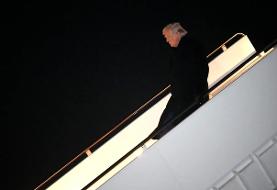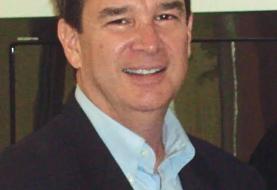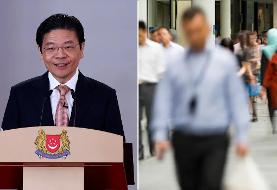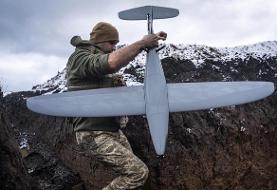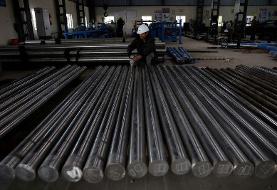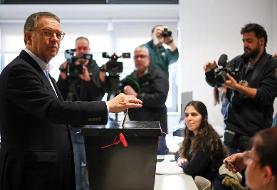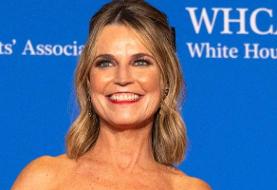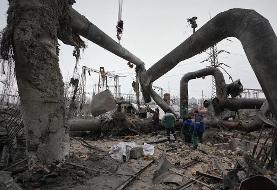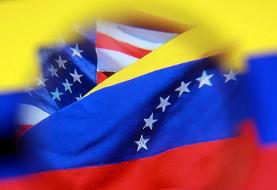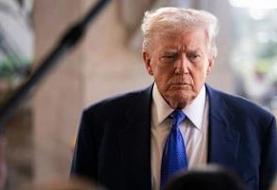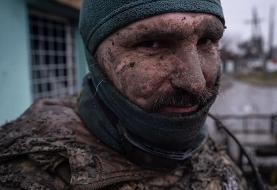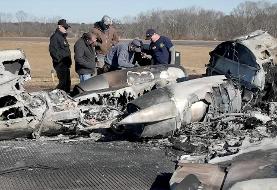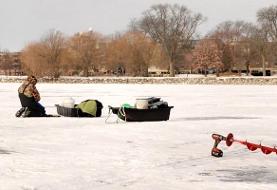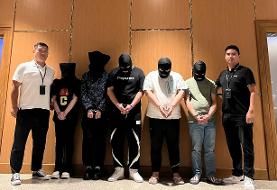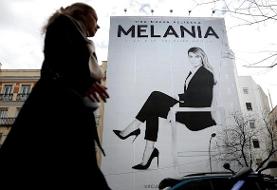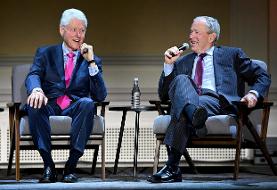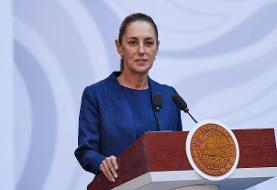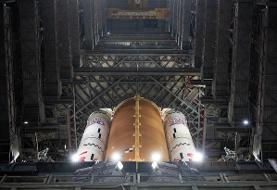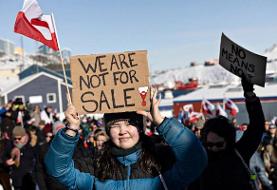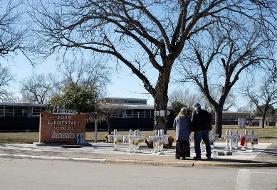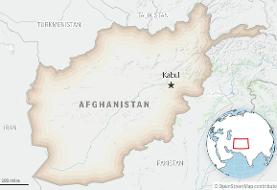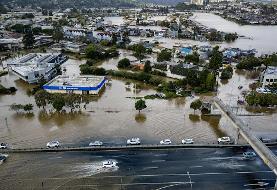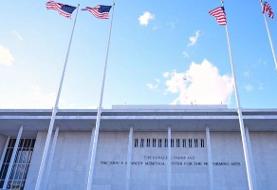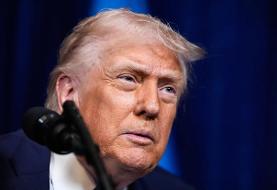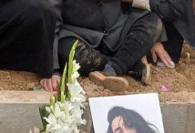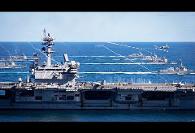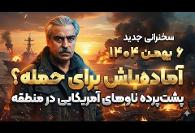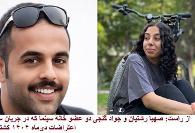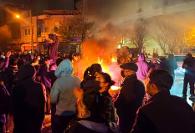U.S. Elections are not unlike Iran's: Military and religion vying for power (Blog)

In about a week, Americans go to the voting booths for local and congressional elections. Less than two years after giving Obama and Democrats a chance to change the direction of their economy, many impatient Americans have a change of heart, and may re-elect Republicans - the same party which did nothing to stop Bush's 2 Trillion dollar wars and the massive deficit spending.
Apart from party politics, the elections in the U.S. are becoming more like power struggles in undemocratic and developing nations, because there is a constant effort by the Religious and the Military establishments to gain political power and influence.
The political power of the Military and Religious leaders are evident in many nations. In places like South America, the military is the dominant political power, whereas in countries like Saudi Arabia, it is the organized religion that rules. In other countries like Pakistan and Israel, both military and religious power centers vie for influence, sometimes in coordination, and occasionally at odds with each other.
In Iran also, both the militant and religious factions have significant influence on politics. Iranian reformists attribute last year's victory by Mahmoud Ahmadinejad to fraudulent intervention by the military (Revolutionary Corps and militia) and the Religious right (right wing and traditional Islamic centers). Historically, Iran's politics has been dominated by the two groups. Some 1400 years ago, during the reign of the Sassanids, Iran was ruled by an upper class of Military Officers and High Priests (Mobed). The dissatisfied masses did not back up the Sassanids during the invasion of Muslim Arabs, so Sassanids were overthrown and Iranians adopted Islam afterwards.
In recent history, the nationalist and secular government of Iran's democratically elected Chancellor, Mohammad Mossadegh, was overthrown in 1953 in a CIA-led coup by Iranian military loyal to the King (Shah). The military also had support of some (but not all) religious leaders.
During the 1978 uprising of Iranians, the Iranian King (Shah) under the influence of the Military leaders, enforced a martial law, which only expedited the "revolution." After the victory of the revolutionaries in 1979, the Islamists gradually took over and marginalized or imprisoned nationalists, reformists and other secular factions. More recently the Iranian Revolutionary Corps (IRGC - armed forces), have gained significant political and economic power. In light of the economic sanctions and other crises facing Iran, there are reports of major frictions building up in the power struggle between religious leaders and the Military leaders at IRGC.

The above history, contrasted with mostly healthy European style elections, provides evidence that smooth transitions of power, peace and healthy reforms/changes occur ONLY WITHOUT the intervention of Military and organized religion in politics. Europeans have avoided major engagement in wars since World War II mostly because they have decided to curb "fear-mongering" politics often influenced by organized religion and the military leaders. One exception was Serbia, which was ruled by militants and plagued by religious divisions.
Many argue that politics is full of compromises and "dirty little" secrets, so a principled religious group cannot be political without sacrificing much of its core values. For example, in 1980, the religious right, which typically backs Republicans, was confronted with two drastically different Presidential choices: The Democratic candidate - A devout family oriented Southern Christian, active in charity and major peace initiatives in the world, and a firm believer in the message of Peace by Jesus- and the Republican candidate - A wild Hollywood actor from California, known for occasional moral indiscretion, war-like pro-gun mentality, and some socially liberal beliefs. The Religious right chose the latter, Ronald Reagan, who defeated the Christ-fearing candidate, Jimmy Carter, and became the 40th President of the United States.
This year's congressional elections, and 2012's Presidential election, will give yet another chance to Americans to choose between divisive and "fear-mongering" politics influenced by religions and military, or healthy "hopeful" reforms,, influenced by logic and science; Americans have to choose a continued path of wars and foreign interventions, or a path of green technologies, peace initiatives, and domestic spending on education, healthcare and infrastructure.
Contribution by: Mehran
»This is a summary of the original feature in Farsi. To request a more extensive translation of the Farsi text, please contact us.





